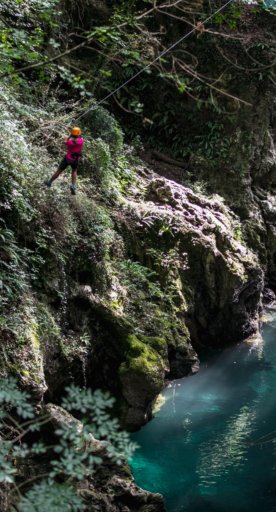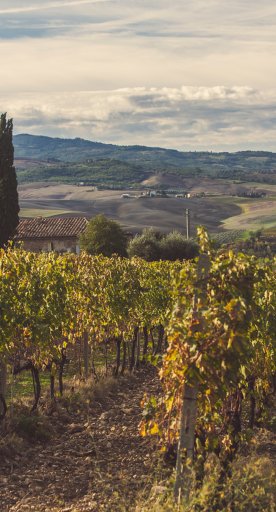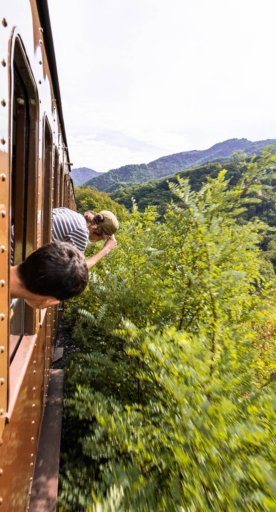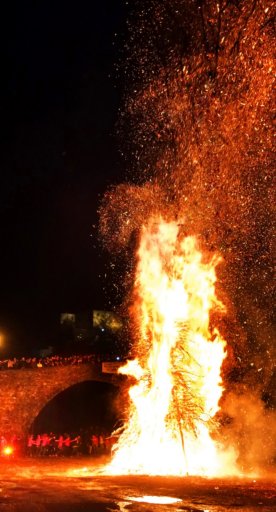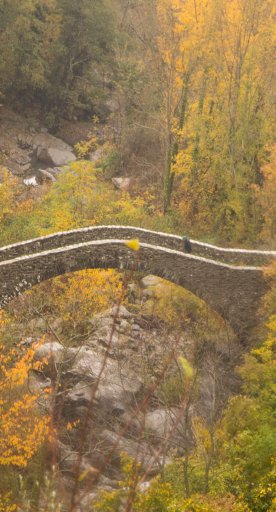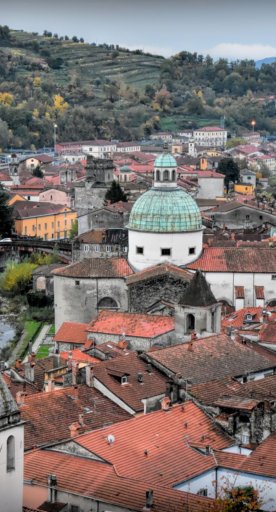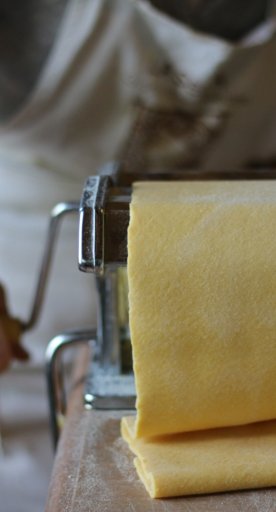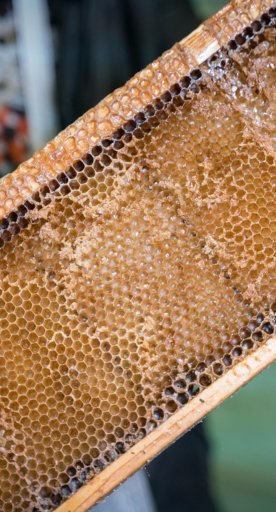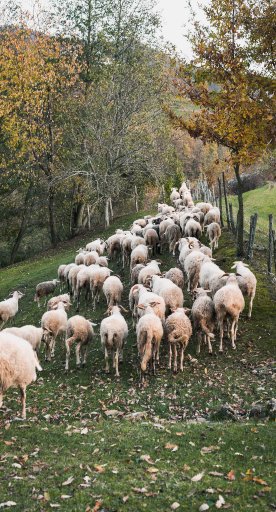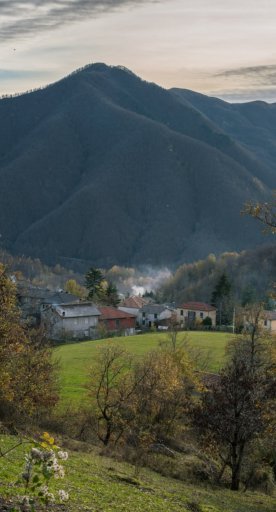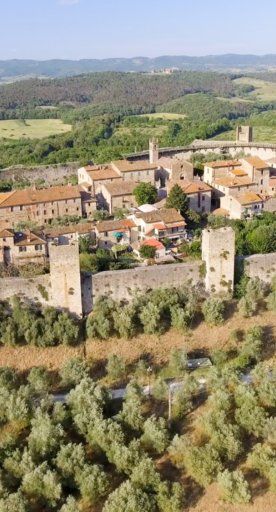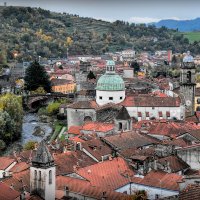
Lunigiana, live it slowly and with taste
Experiences to discover the flavors and the traditions of a millenary land
Lunigiana is a borderland, crossed by the Via Francigena and dotted with villages, castles, ancient parish churches, nestled among forests of ancient chestnut trees. Ancient rural traditions are still alive in the Lunigiana countryside, and the various months of the year are characterized by unique agricultural and culinary products.
A land to be lived slowly, walking through the villages or travelling to discover castles and churches scattered throughout the valley, between the Via Francigena and the historical paths crossing the entire Lunigiana: on foot, on horseback or by bicycle, alone, as a couple, as a family or in a group, like ancient pilgrims we can retrace the paths that have always led travellers from Europe to the Mediterranean, through the land of the Malaspina family and the Stele Statues.
In farmhouses and in the restaurants that can be found in big or small villages, or during gastronomic events it is possible to taste the typical dishes of the Lunigiana cuisine and participate in the traditional production chains that have always handed down ancient agricultural and cooking practices. Such are the Lamb of Zeri and the Testaroli, both Slow Food chapters, still prepared in cast iron "testi" (a kind of pot, consisting of two parts), but also the Panigacci di Podenzana (the Panigaccio is round, unleavened bread) cooked in terracotta "testi", the dishes made with Lunigiana PDO Chestnut Flour, the Lunigiana PDO Honey and the traditional breads.
Here are some proposals to experience the Lunigiana slowly and with taste!
-
1.Stays on a farm: between ancient knowledge and traditional flavours
-
2.Visits to local farms and producers: bring the taste of Lunigiana back as a gift
-
3.Relaxation in Lunigiana
Stays on a farm: between ancient knowledge and traditional flavours

In this land of ancient agricultural and culinary knowledge, traditions are best expressed in the numerous farmhouses located throughout the Lunigiana.
Lunigiana farmhouses are places where tradition is still alive: here, those who work in the kitchen and those who work in the fields have learned from their grandparents to follow the slow rhythm of the seasons and to relate to nature all year round. Each season gives us new and different knowledge and flavours. In autumn, apple orchards and walnut groves offer us their fruits, and you can follow all the stages of the chestnut supply chain: from harvesting in the chestnut groves, to the fire in the dryers, to the ancient mills with stone millstones. In the winter months, the tradition of pig slaughtering is revived. In spring, Lunigiana's herbal cakes take on different flavours depending on the spontaneous herbs chosen. In the summer, you can take part in the preparation of preserves and jams, together with the grandmothers who hand down the traditional recipes and teach how to prepare typical dishes.
Visits to local farms and producers: bring the taste of Lunigiana back as a gift

From crops, to farms, to the finished product: on farms and local producers, which are family-run, you can taste unique foods, such as the Mela Rotella, apples of a niche quality typical of this area, or the Wheat 23 used in the production of breads in Lunigiana.
Among them, the Marocca di Casola is bread made with chestnut flour: in addition to tasting it in restaurants, trattorias or traditional markets, it is possible to participate in bakery workshops. In the restaurants of Podenzana, homeland of the Lunigiana Panigaccio, you can personally witness the preparation of this ancient dish, with a recipe as simple as it is tasty: water, flour and salt, to be combined with cold cuts and cheeses or dressings such as basil pesto, mushrooms, oil and parmesan.
In the countryside and in the small communities like Zeri, walking through the pastures and woods, you can witness cooking demonstrations in the “testi” and taste local products, including the Lamb of Zeri - a Slow Food chapter.
Among the culinary experiences there are also tastings of Lunigiana wine and oil: in the local oil mills it is possible to study in depth the production processes and taste the Tuscan Oil PGI Colline della Lunigiana (in November, it is also possible to witness the production of this tasty "green gold"). From the vines that scatter across the planes and hills of Lunigiana, fine wines such as the Colli di Luni DOC and the Rosso Toscano PGI are produced. In Mulazzo, home of the BancarelVino award, you can combine stays with guided experiences in the cellars and tastings of local wines.
To have at home a souvenir of the trip to Lunigiana, a stop in the small shops and at the producers of testaroli (a pasta dish), preserves, flours and cereals of artisanal production is a must.
Relaxation in Lunigiana

Walks through the scented villages and countryside, visits to mediaeval castles and parish churches, tasty experiences in farmhouses and farms can be combined with moments of relaxation and self-care: do not miss the thermal baths in Equi, with the sulphurous water pool, and Montelungo.
Among the accommodation facilities, there are also fabulous resorts where you can relax by taking advantage of the SPAs and wellness centre, or B&Bs surrounded by lush greenery, where you can cool off in natural pools and streams or meditate and practice yoga.
To experience Lunigiana Slowly and with Taste, check the website www.lunigiana.land
What’s nearby?





